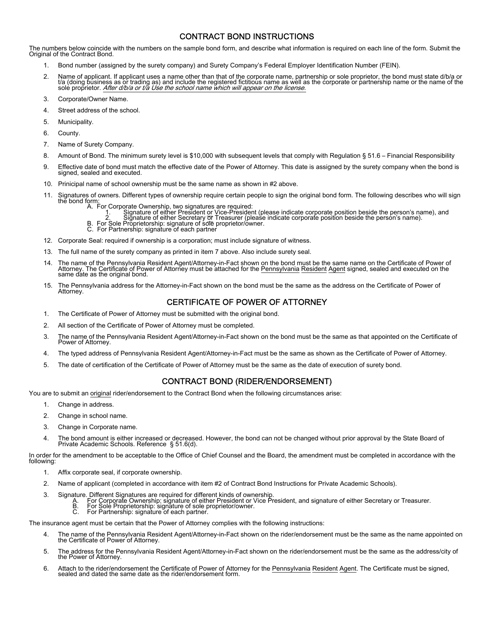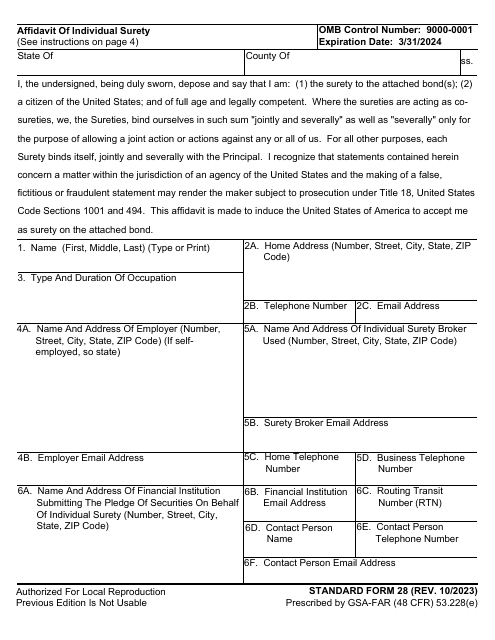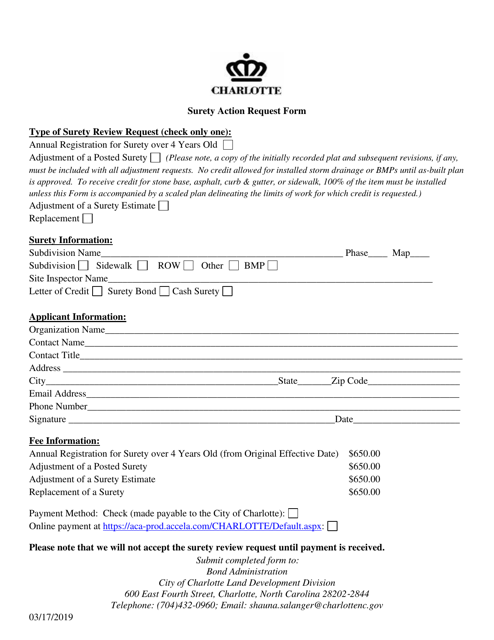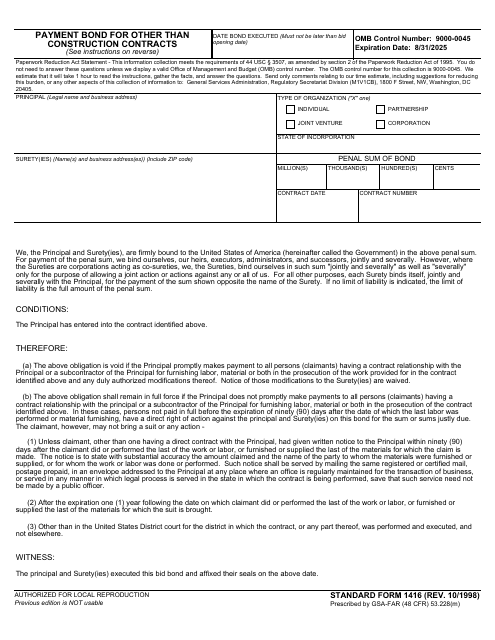Contract Surety Templates
Contract Surety - Protecting Your Business and Promoting Confidence in Contracts
Whether you are a contractor, a project owner, or a supplier, contract surety plays a crucial role in ensuring the successful completion of projects and safeguarding the interests of all parties involved. Also known as surety bonds or contract bonds, these essential documents serve as a guarantee that obligations will be met and that financial and contractual risks are mitigated.
At their core, contract surety bonds provide financial protection and assurance to project owners that a contractor will fulfill their obligations according to the terms and conditions outlined in the contract. These bonds serve as a safety net, ensuring that the project will be completed even if unforeseen circumstances arise. Moreover, they provide a level of confidence to project owners that the contractor has been thoroughly vetted, possesses the necessary qualifications, and has the financial capacity to undertake the project.
For contractors, having a valid and reliable contract surety bond not only helps them secure projects but also demonstrates their commitment to professionalism and accountability. These bonds act as a testament to a contractor's compliance with industry standards, regulatory requirements, and ethical practices. Additionally, they serve as a powerful marketing tool, distinguishing contractors from their competitors and instilling confidence in potential clients.
Suppliers and subcontractors also benefit from the existence of contract surety. By working with contractors who have obtained these bonds, they can rest assured that their payments will be timely and secure. Should a contractor default on their obligations, the bond issuer, commonly a reputable surety company, will step in to cover the financial losses, ensuring continuity in the project and providing recourse for those impacted.
Contract surety bonds come in various forms and serve different purposes depending on the specific needs of a project. Examples include payment bonds, performance bonds, bid bonds, and maintenance bonds. Each type of bond addresses distinct aspects of the contractual relationship, providing tailored protection and guaranteeing compliance with contractual obligations.
To obtain a contract surety bond, contractors typically undergo a thorough screening process, including financial assessments, reference checks, and evaluations of past performance. This rigorous vetting ensures that only competent and reliable contractors are granted this financial guarantee. Surety companies, equipped with extensive knowledge and expertise in the construction industry, carefully evaluate potential risks and make informed decisions based on established underwriting principles.
In summary, contract surety bonds are vital tools that foster trust, mitigate risks, and promote confidence in contractual relationships. By providing financial security and promoting ethical practices, these bonds protect the interests of project owners, contractors, suppliers, and subcontractors alike. Whether you are embarking on a construction project, seeking a reputable contractor, or delivering materials or services, contract surety bonds offer peace of mind and ensure the successful execution of contracts.
Documents:
4
This document is used for obtaining a contract bond in the state of Pennsylvania. It provides instructions on how to fill out Form PDE-1665.
This Form is used for requesting a surety action in the City of Charlotte, North Carolina.
This form is used for payment bonds related to contracts that are not for construction purposes. The SF-1416 form ensures that the contractor is financially responsible for making payments to subcontractors and suppliers.




